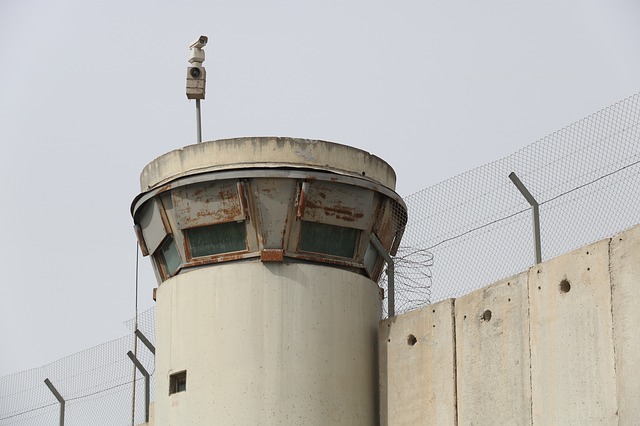UK drops objections to ICC warrants as top lawyer urges end to Israeli weapons exports

The UK government has abandoned objections to proposed international arrest warrants for Israeli prime minister Benjamin Netanyahu and other officials — and is now being urged to take a tough position against UK arms exports to Israel.
After weeks of speculation, the Labour government confirmed on Friday that it would “not be pursuing” an objection submitted to the International Criminal Court (ICC) by the previous Conservative administration.
“The government feels very strongly about the rule of law internationally and domestically, and the separation of powers, and I would note the courts have already received a number of submissions on either side and they are well seized of the arguments to make their determination,” a spokesperson for the prime minister said.
Karim Khan KC, the ICC’s chief prosecutor, announced in May that he was seeking arrest warrants for Netanyahu and Israeli defence minister Yoav Gallant, as well as Hamas leaders Yahya Sinwar, Mohammed Deif and Ismail Haniyeh.
In late June, it emerged that the UK had made a submission to the ICC questioning whether the court has jurisdiction to issue warrants against Israelis.
This was one of a number of issues relating to the UK’s relationship with Israel which the Labour government said it was considering upon coming to office.
The other is British arms exports to Israel, which top human rights lawyer Professor Philippe Sands KC has said should immediately be stopped following last week’s ruling by the International Court of Justice (ICJ), which said Israel’s occupation of the Palestinian territories is unlawful and must end.
The “most immediate issue” arising from the judgment “is the obligation in the advisory opinion on the states, which includes the United Kingdom, not to aid or assist in the maintenance of the current situation in the occupied territories”, Professor Sands has told The Guardian.
He added: “That legal obligation precludes sales of military material which could be used directly or indirectly to assist Israel in maintaining its unlawful occupation of the occupied Palestinian territories.”
The UK’s foreign secretary David Lammy is reportedly considering new measures, though there is speculation that this could draw a distinction between “offensive” and “defensive” weapons.
Mr Lammy recently told MPs that it “would not be right to have a blanket ban between our countries and Israel”.








